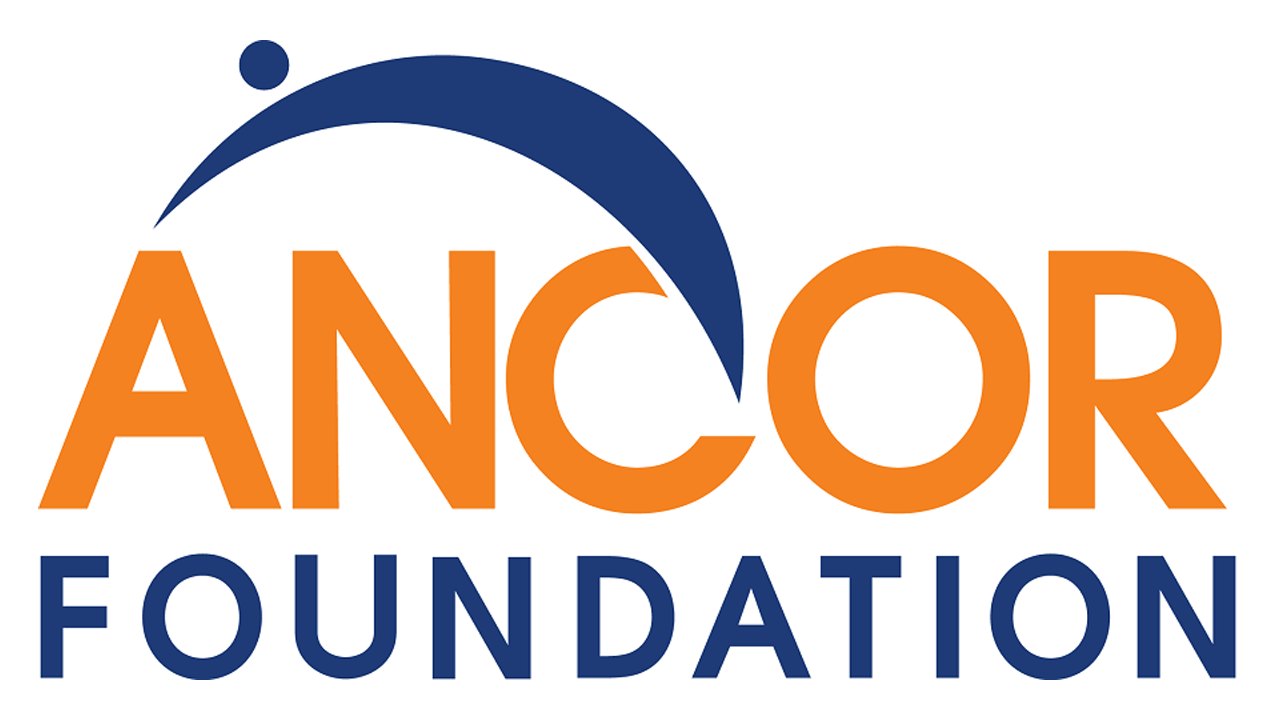Leading the Way to Support More People in Community: Reflections From a Recent Graduate of the ANCOR Foundation Leadership Academy
Share this pageby Michelle Jackson, Executive Director, Ability Connection Oklahoma
Ability Connection Oklahoma is a small nonprofit organization serving the needs of people with disabilities throughout Oklahoma. As an affiliate of United Cerebral Palsy (UCP), we are blessed to have access to UCP resources as well as those made available through UCP’s membership in ANCOR. Being a new Executive Director, I was afforded the opportunity to apply to the ANCOR Foundation Leadership Academy in 2017.
Since being accepted as a participant in the Leadership Academy, I’ve benefited from the many training webinars, conference calls, one-on-one advice from ANCOR staff and other leaders through the ANCOR Forum, and the weekly briefing calls. For me, this has really brought to light some disturbing differences in service availability.
Reports such as the Case for Inclusion consistently rank Oklahoma poorly in comparison to other states on issues affecting people with disabilities and health care. Nowhere is this more apparent than the waiting lists for “waiver” services. In 2019, some of those waiting lists were 12+ years long. Is this a breakdown in Medicaid funding? Would Medicaid expansion help to alleviate some of these struggles? There are many who believe so.
In Oklahoma, many of the home and community based waiver services are maintained by Developmental Disability Services (DDS), a division of the Department of Human Services. Though DDS waivers serve people with a variety of disabilities, they all have one thing in common: a person must have an intellectual disability (ID) diagnosis in order to be considered. This leaves so many people ineligible for the services that may empower them to live at home. Not all states have the ID requirement. So this begs the question: Why does Oklahoma require individuals to have an intellectual disability to qualify for developmental disability services? And perhaps even more alarming: What would happen to the waiting lists if we actually included everyone that has a developmental disability?
These questions and many more are at the forefront of my mind as we continue to seek new ways to advance the independence of people with disabilities. However, thanks to the efforts and guidance of UCP, ANCOR and the ANCOR Foundation, we have the data and influence to advocate for more appropriate solutions.

